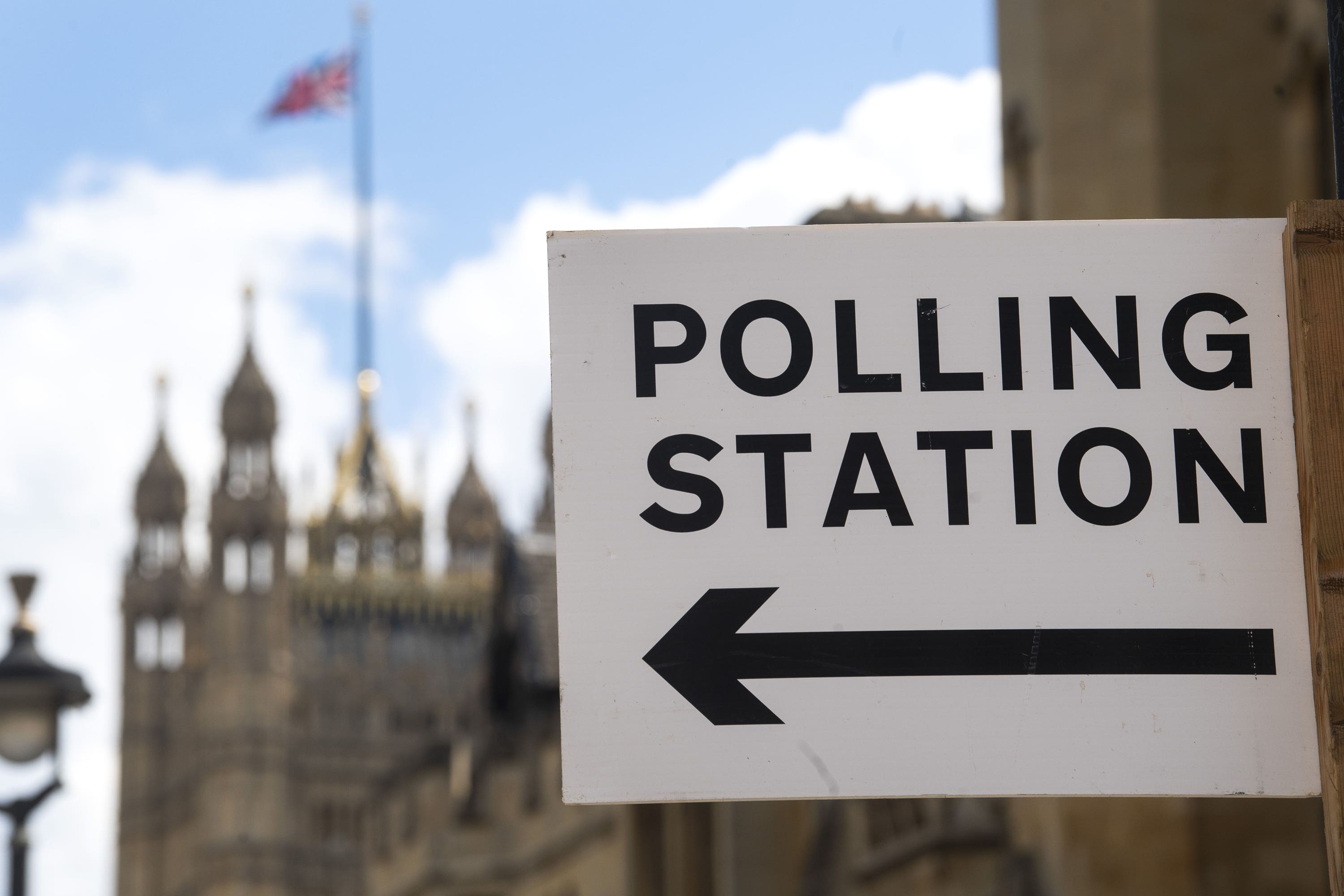1p tax on every new clothing item to tackle fast fashion among Lib Dem proposals
The levy would apply to new garments for sale on the UK market, with the proceeds ringfenced for improving local recycling facilities.

Your support helps us to tell the story
From reproductive rights to climate change to Big Tech, The Independent is on the ground when the story is developing. Whether it's investigating the financials of Elon Musk's pro-Trump PAC or producing our latest documentary, 'The A Word', which shines a light on the American women fighting for reproductive rights, we know how important it is to parse out the facts from the messaging.
At such a critical moment in US history, we need reporters on the ground. Your donation allows us to keep sending journalists to speak to both sides of the story.
The Independent is trusted by Americans across the entire political spectrum. And unlike many other quality news outlets, we choose not to lock Americans out of our reporting and analysis with paywalls. We believe quality journalism should be available to everyone, paid for by those who can afford it.
Your support makes all the difference.A 1p tax on every new item of clothing is among proposals being put forward by the Liberal Democrats to tackle fast fashion.
The levy would apply to new garments for sale on the UK market, with the proceeds ringfenced for improving local recycling facilities.
Deputy leader Daisy Cooper said the party will be preparing to “take a sledgehammer to the blue wall” as it kicks off conference season with a raft of new potential policies.
Our conference this weekend will fire the starting pistol for our campaign to smash down the blue wall and get rid of Rishi Sunak's out-of-touch Conservative Government for good.
Relaxing top-down housebuilding targets and introducing a 1p levy new clothes are among motions to be tabled over the course of the four-day event in Bournemouth.
“Fundamentally, if you think about how many items of clothing people buy a year, I can’t imagine any single person is going to end up spending 20 to 50p each over the course of one year. It’s a very, very small tax with a view to then raising funds to help with clothes recycling,” Ms Cooper said.
“We do have a problem in this country with fast fashion and this is just one way in which we might be able tackle it.”
The environment and the NHS are both expected to feature prominently in the Lib Dems’ agenda as they target traditionally Tory seats in southern England ahead of an expected general election next year.
Sewage, which has already become a major political battleground in so-called blue wall seats, and local health services will be among issues at the heart of the party’s campaign.
“Our core objective for this weekend is to start the firing gun on our general election campaign, to make sure that our candidates are revved up and that they’re ready to take a sledgehammer to the blue wall,” Ms Cooper said.
Expanding basic NHS check-ups to include a “mental health MOT” is another proposal, which she believes could help detect problems earlier and signpost help for people.
These checks would initially focus on key groups such as men aged between 40 and 49, women who have recently had children and older people.
“There are those key junctures in people’s lives where they are more likely to have mental ill health and the purpose of having this light-touch mental health MOT is to make sure people are thinking about this, signposted for support if they need it,” she said.
The party had previously pledged to build 380,000 new homes a year if it was elected, but Ms Cooper said she hopes it will “move away” from that target at conference.
“I think these top-down housing targets don’t work. We do have a planning system that is quite frankly broken… it does not favour communities who have a very strong sense about where they want homes to be built and the kind of infrastructure that they want to come with them,” she said.
Instead, the party is focusing on social housing – with a goal to build 150,000 such homes a year – and community-led approaches to development, Ms Cooper said.
The expansion of the ultra-low emission zone (Ulez) has also become a key issue in some home counties surrounding London.
Ms Cooper, who is MP for St Albans, described the rollout by Labour Mayor Sadiq Khan as “disappointing,” but said the blame “lies squarely at the (Government’s) door for not working with local authorities.”
“I pressed the Government to try and extend the scrappage scheme for people outside of the Ulez zone and (it) has flatly refused to do,” she said.
Both the Lib Dems and the Conservatives have opposed the expansion, which Ms Cooper says came at the “wrong time” but Mr Khan has hailed as a “landmark” move that will help improve air quality.
However, the party continues to back the ban on the sale of new petrol and diesel cars by 2030 – a dividing line with the Tory Government, which this week pushed back the deadline to 2035.
“We think that goal should remain… In making that shock announcement what the Prime Minister has single-handedly done is to tell investors around the world that actually their money isn’t needed or wanted here in the UK and that investment will go to other countries around the world,” Ms Cooper said.
On Friday, the party will hold a “blue wall summit” with candidates in marginal constituencies to discuss strategy before adopting a draft version of its manifesto on Sunday.
The proposals agreed on at conference will not necessarily be kept up until the next general election, but will become current party policy.